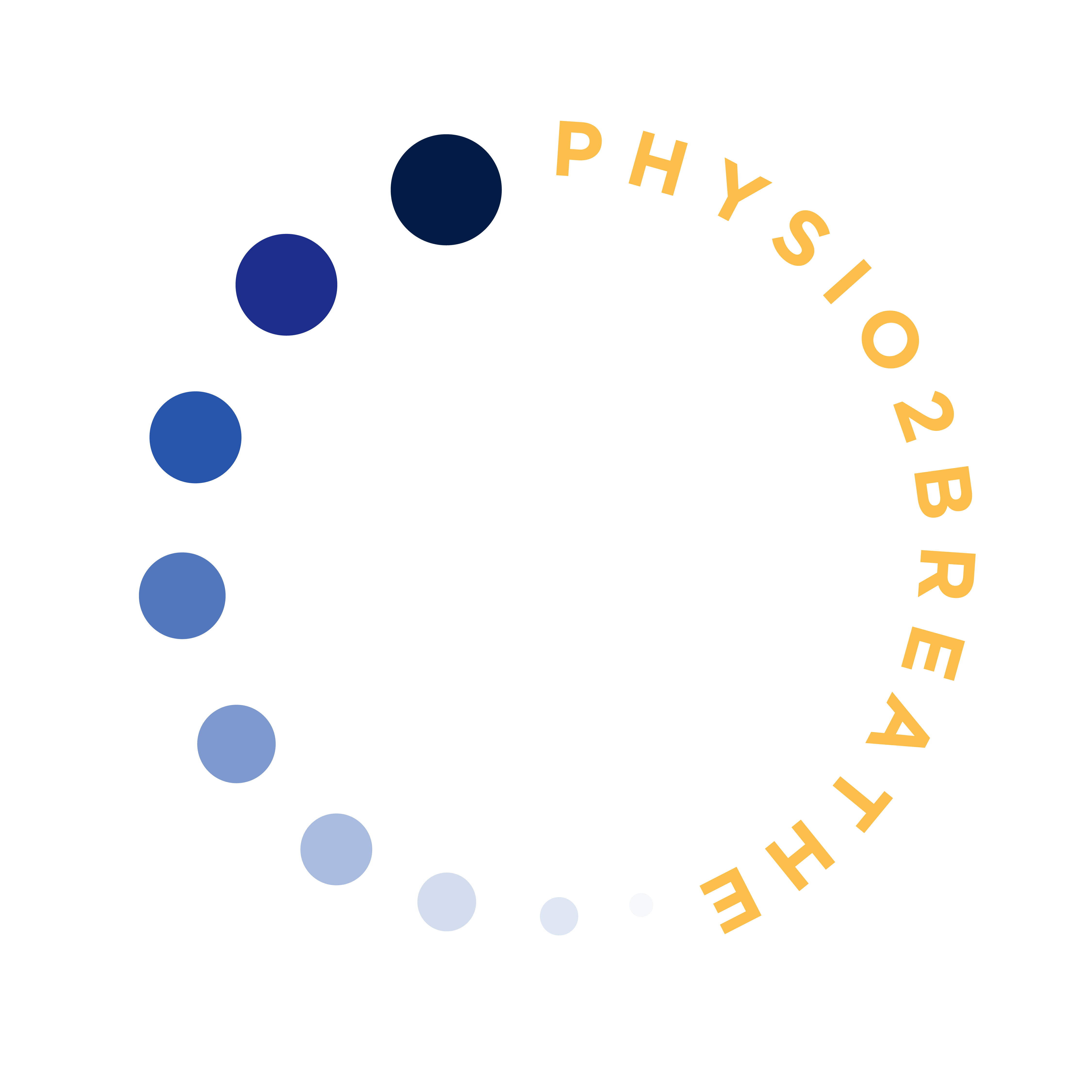My area of expertise is in managing breathlessness/dysfunctional breathing. This includes treating people with COPD, asthma and improving lung clearance in Bronchiectasis. I am currently participating in a research project at RPH around optimising Pulmonary Rehabilitation uptake and have undertaken Asthma Education for Asthma WA.
Are Breathing Pattern Disorders contributing to your patient's symptoms?
I was involved in the formation of the UK special interest group Physiotherapy For Breathing Pattern Disorders from 1997 and have since trained in the internationally recognised Bradcliff Method® approach to treatment of breathing pattern disorders. I am the WA Associate and involved in teaching the online modules.
A significant issue in patients with underlying pathology including COPD, Bronchiectasis as well as Asthma and increasingly Exercise Induced Laryngeal Obstruction (EILO) is the presence of dysfunctional breathing. This will typically present as perception of shortness of breath despite optimal medical management, with anxiety often being a prominent feature. There are 3 dimensions to breathing that can cause symptoms – biomechanics, physiology (eg. chronic hyperventilation) and autonomic dysregulation.
Breathing patterns become altered and symptomatic for a variety of reasons including chronic mouth breathing (despite removal of obstructive tissue), anxiety, poor perception of rest and recovery from intense exercise and altered breathing patterns due to pain. As well as restoring optimal movement of the breathing muscles including the diaphragm, I use carbon dioxide biofeedback (Capnography) to confirm hyperventilation and re-train tolerance.
Current NICE guidelines recommend screening for dysfunctional breathing and hyperventilation, and the use of Inspiratory Muscle Training in the treatment of Asthma and COPD. Inspiratory Muscle Training reduces the work of breathing and is also becoming increasingly used in the sporting arena.
I currently receive referrals for patients with varying degrees of shortness of breath from Respiratory Physicians, Sports Physicians, Paediatricians, ENT Surgeons , Neurologists and Clinical Psychologists.
I am happy to work with the Medicare Complex Care Plans but there will be a gap charge.
Home visits can also be arranged where appropriate.
HICAPS available on site.
